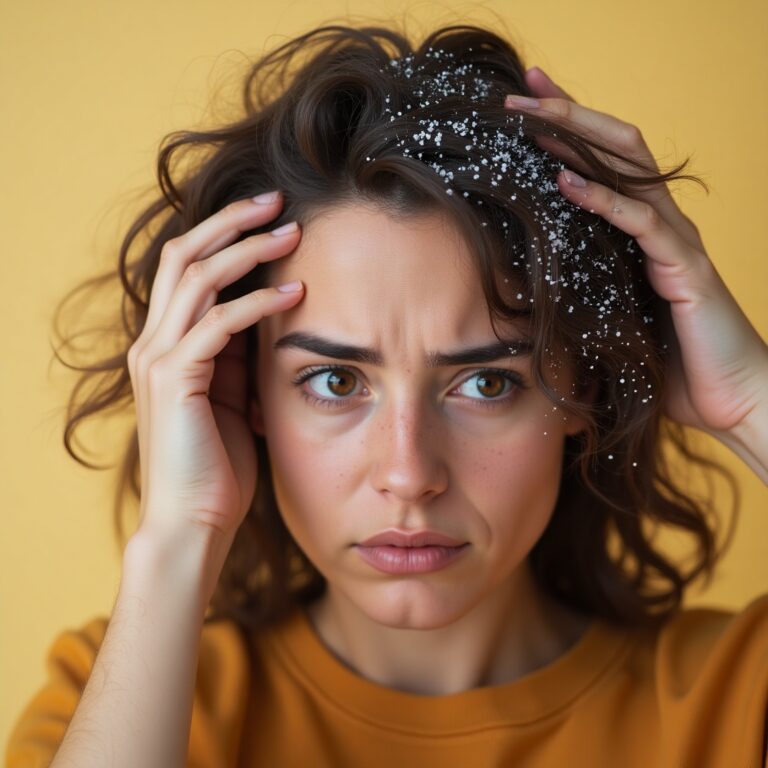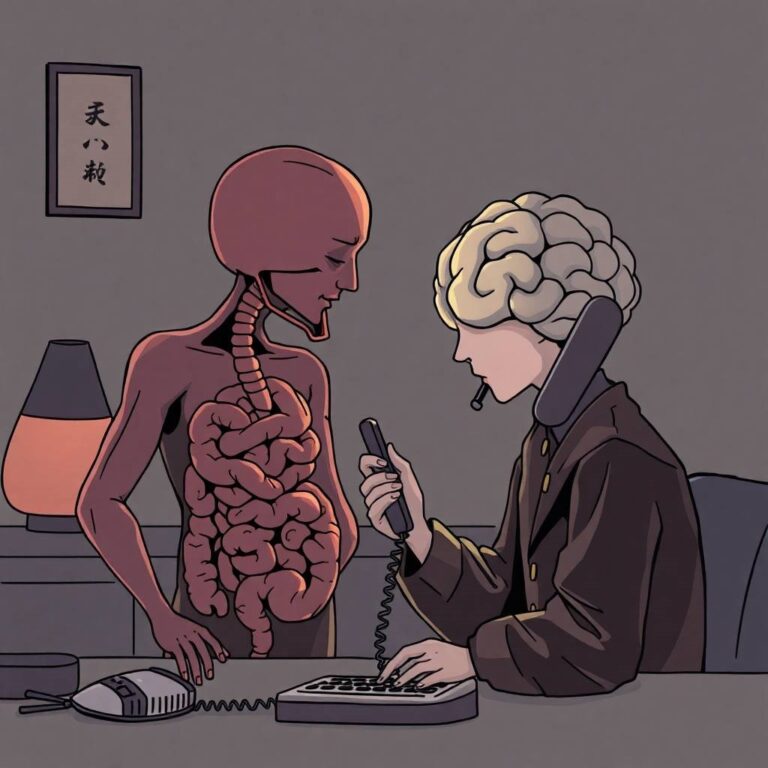Top 7 Reasons for Hair Loss and How to Naturally Regrow Your Hair
Regardless of age or gender, hair loss is a widespread issue that affects millions of people worldwide. Hair has a significant role in identification and self-expression for many people. Therefore, tension, anxiety, and a quest for workable answers can be triggered when strands begin to come out in considerable quantities. This post will discuss the main causes of hair loss and offer doable, natural hair growth solutions supported by research and real-world applications.
Understanding the underlying causes is the first step to effective therapy, regardless of whether you’re dealing with bald patches, receding hairline, or thinning hair. The health of your hair can frequently be restored organically with the correct consistency and care.
Typical Reasons for Hair Loss
- Genetics (Androgenic alopecia): The most frequent cause of hair thinning is genetic hair loss, sometimes referred to as androgenic alopecia or male/female pattern baldness. This disorder is inherited and frequently manifests gradually as people age. Women may observe a general thinning on the top of the scalp, but men usually begin with a receding hairline.
Important variables include: Hormonal sensitivity, particularly to DHT, Age-related changes and A family history of baldness. - Unbalanced Hormones: Hormones are essential for controlling the cycles of hair growth. The hair development phase can be disturbed and excessive shedding might result from imbalances brought on by thyroid conditions, pregnancy, menopause, polycystic ovarian syndrome (PCOS), or abrupt changes in birth control.
- Stress and Anxiety: A disease called telogen effluvium, in which many hair follicles prematurely enter the shedding phase, can be brought on by physical or emotional stress. It may take several months for the hair loss to start, making it challenging to pinpoint the cause. Typical triggers: Major illness or infection, Surgery and Job loss or psychological trauma
- Inadequate Nutrition: For healthy growth, your hair need a variety of vitamins and minerals. Hair strength, texture, and volume can all be significantly impacted by deficiencies in essential nutrients such as iron, vitamin D, biotin, zinc, and protein.
- Unhealthy Scalp: Inflammation and weakened hair roots can result from conditions like dandruff due to fungal infections, seborrheic dermatitis and plugged hair follicles. A healthy scalp is necessary for robust hair development
- Chemical damage and overstyling: Breakage and hair loss can result from frequent use of heat tools, tight hairstyles, hair dyeing, bleaching, and chemical treatments. Over time, these behaviors harm the follicle and weaken the hair shaft.
- Health Issues and medication: Additionally, hair loss may be a sign of underlying medical disorders like: Diabetes; lupus; autoimmune diseases (such as alopecia areata) and Antidepressants, blood thinners, and chemotherapy medications
How to Grow Hair Naturally: Practical Methods
- Take Care of Yourself by Eating a Balanced Diet
Your diet directly affects the condition of your hair. Prioritize eating a diet high in the nutrients listed below:
• Protein: Dairy, seafood, lentils, and eggs all aid in the synthesis of keratin.
• Iron: Red meat, beans, and spinach all enhance blood flow to the roots of hair.
•Omega-3 fatty acids, which are present in flaxseeds and walnuts, help to moisturize the scalp.
• Biotin: A B-vitamin that is necessary for hair growth and may be found in whole grains, nuts, and eggs.
• Vitamin D: Follicle health is enhanced by sunlight and foods fortified with this vitamin. - Stimulation and Massage of the Scalp
Every day, spend a few minutes gently massaging the scalp to awaken dormant hair follicles and improve blood flow. You can use a soft-bristled brush or your fingertips.
Bonus Tip: For added advantages, mix your oil with essential oils like lavender, peppermint, or rosemary. - Make Use of Natural Oils
By applying oils to your hair and scalp, you can lessen breakage and provide the follicles with deep nourishment:
The hair shaft is strengthened with coconut oil.
Rich in ricinoleic acid, castor oil encourages hair growth. Rosemary oil increases circulation and has demonstrated efficacy on par with minoxidil. - Treatments with Aloe Vera and Onion Juice
• Aloe Vera: Unblocks clogged hair follicles, soothes the scalp, and lessens dandruff.
• Onion juice: Packed with sulfur, this product increases the formation of collagen and aids in hair growth in bald areas. Let it sit for 15 minutes before washing. - Drink lots of water and get enough sleep.
Cell function particularly that of the hair-growing cells, is impacted by dehydration. Hormone balance and general health, including scalp health, can be achieved by drinking adequate water and having 7 to 8 hours of good sleep every night. - Use Natural Stress Management Techniques
Hair loss is largely caused by ongoing stress. Adopt stress-reduction techniques like Deep breathing or meditation, Consistent exercise, Journaling or artistic pastimes - Avoid Harsh Hair products Use natural or herbal shampoos instead of ones that contain silicones, parabens, or sulfates. These substances hurt the scalp and remove natural oils.
- Guard Against Environmental Damage to Hair
Hard water, pollution and UV radiation can all weaken hair. To lessen exposure, put on a shower filter, apply protective serums and wear caps. - Examine Natural Supplements
For the health of your hair, think about taking natural vitamins (after seeing a doctor):
• Zinc and selenium; • Collagen and biotin; • Ashwagandha (to lower stress)
Myths about Hair Loss You Should Disbelieve
• Myth 1: Only men experience hair loss; women are equally impacted, frequently as a result of hormonal or dietary problems.
• Myth 2: Daily shampooing results in hair loss Not true; a healthy scalp is maintained by using the proper shampoo.
• Myth 3: Baldness results from wearing hats or helmets – External coverings do not promote hair loss unless they induce poor hygiene.
• Myth 4: Shaving causes hair to grow thicker—Genetics, not shaving, determines hair structure.
When to Consult a Physician
See a dermatologist or trichologist if you have noticeable bald patches, abrupt or excessive hair loss or symptoms of an underlying disease. Thyroid problems and other medical diseases like alopecia areata require expert diagnosis and care.
Conclusion
Understanding the underlying reasons of hair loss and implementing natural, comprehensive strategies can significantly improve the difficult experience. Regrowing your hair naturally is completely feasible with patience and persistence, whether you use tried-and-true natural therapies, manage stress or improve your nutrition.
If you continue to take care of your scalp and hair, you should eventually notice small but significant improvements.







